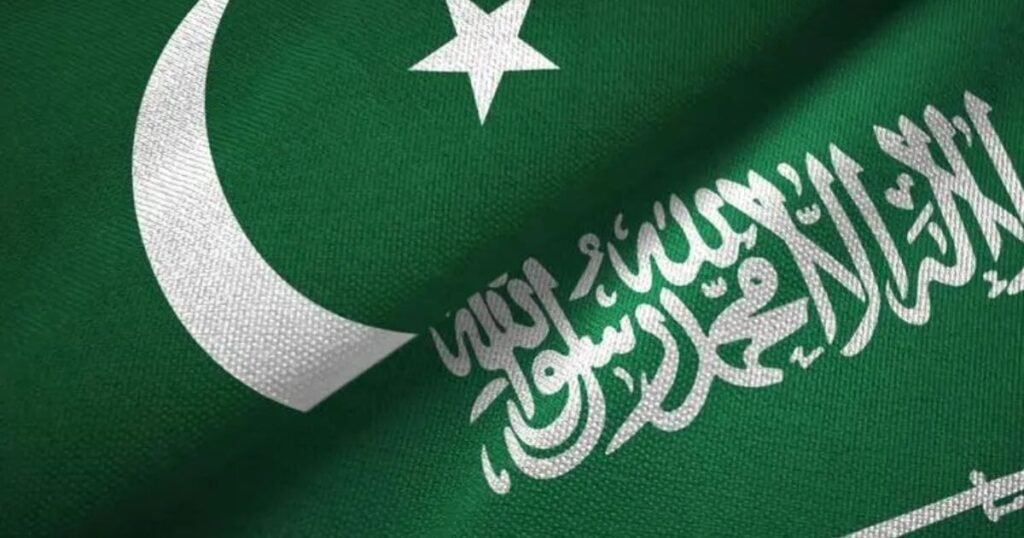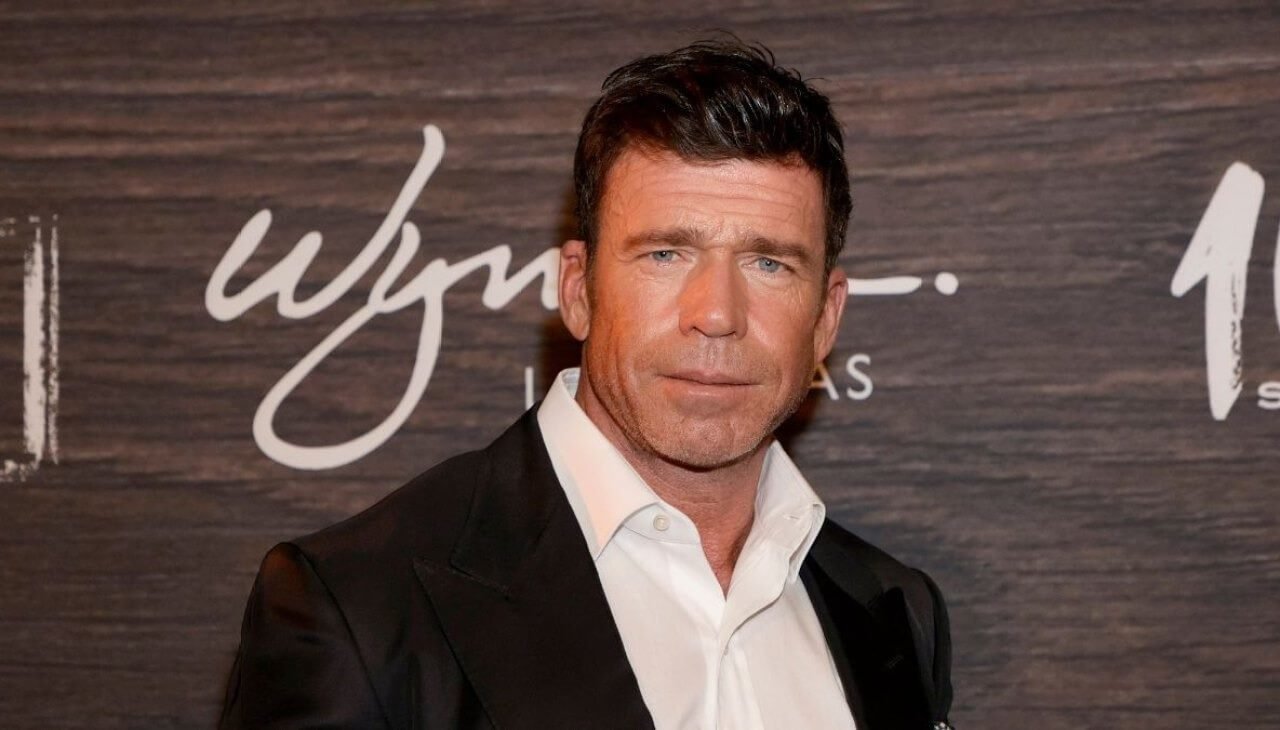The Saudi Arabia Pakistan defence pact represents a watershed moment in regional security architecture, fundamentally altering the strategic calculus of South Asian and Middle Eastern alliance politics. This comprehensive defensive agreement emerged during a critical moment when traditional security frameworks face unprecedented challenges, with the timing reflecting both nations’ need to institutionalize their historic partnership beyond economic cooperation.
Having observed regional dynamics for decades, I’ve witnessed how such formal mutual defence pacts can reshape entire geopolitical landscapes, particularly when involving a nuclear power and the custodian of Islam’s holiest sites. The agreement serves as more than symbolic diplomacy—it establishes operational details for shared strategic interests, potentially creating a nuclear umbrella through extended deterrence mechanisms that could fundamentally rebalance power structures across this complex region.
| Field | Details |
| Name | Saudi Arabia–Pakistan Defence Pact |
| Type | Bilateral Defence & Security Agreement |
| Parties Involved | Kingdom of Saudi Arabia 🇸🇦 and Islamic Republic of Pakistan 🇵🇰 |
| Initial Agreement | 1967 (formal defence cooperation established) |
| Strengthened | Expanded in the 1980s and 2010s with renewed defence, military, and strategic accords |
| Purpose | Mutual defence cooperation, military training, arms supply, intelligence sharing, and strategic alliance |
| Key Provisions | – Training of Saudi military personnel by Pakistan Army, Air Force, and Navy – Deployment of Pakistani troops in Saudi Arabia for internal and border security – Joint military exercises – Defence production and technology sharing |
| Historical Context | Pakistan has stationed thousands of troops in Saudi Arabia since the 1970s; Saudi Arabia has supported Pakistan financially and strategically, especially during wars and sanctions. |
| Strategic Importance | Strengthens regional security, counters mutual threats, and ensures protection of holy sites in Saudi Arabia. |
| Recent Developments | In 2018, Pakistan deployed additional troops to Saudi Arabia (non-combat role). In 2022–2023, both countries reaffirmed defence cooperation during high-level visits. |
| Symbolism | Represents Islamic brotherhood, mutual trust, and long-standing military partnership between Riyadh and Islamabad. |
Agreement Details and Significance

- Date and Signatories:
Pakistani Prime Minister Shehbaz Sharif and Saudi Crown Prince Mohammed Bin Salman signed the agreement in Riyadh on September 17, 2025. - Comprehensive Coverage:
According to senior Saudi officials, this is a comprehensive defensive agreement that covers all military means. - Strategic Context:
The timing was driven by regional security concerns, as evidenced by the Israeli strikes on Qatar and the subsequent Arab-Islamic extraordinary summit in Doha. - Historical Foundation:
The agreement expands upon a long-standing security alliance where Over 8,200 Saudi military personnel have received training from Pakistan since 1967.
The strategic mutual defence agreement between Saudi Arabia and Pakistan represents a landmark moment in regional security architecture. This formal mutual defense pact signed on Wednesday goes beyond traditional cooperation frameworks. The agreement states that aggression against either country will be considered aggression against both, fundamentally altering bilateral relations.
Both nations have enhanced defense ties through this comprehensive arrangement that encompasses all military means. The joint statement issued by Saudi Press Agency emphasized their shared commitment to achieving security and peace in the region. This significantly strengthens their decades-long security partnership while establishing unprecedented joint deterrence capabilities against potential threats.
Nuclear Implications

Pakistan’s nuclear programme remains distinctly India-centric, yet this Saudi agreement introduces unprecedented variables into regional nuclear calculations. The bilateral defence cooperation could potentially influence Pakistan’s missiles development, particularly given Washington’s ongoing sanctions targeting Pakistani individuals and firms involved in ballistic missile development. Saudi Energy Minister Prince Abdulaziz bin Salman Al Saud has repeatedly reiterated Riyadh’s readiness to enrich and sell uranium, a key component for programmes, though both countries have made clear they do not seek to pursue weapons.
The deal’s implications extend beyond immediate military cooperation, as Gulf states grow increasingly wary of US reliability as their longstanding security guarantor. Pakistan’s nuclear-armed status provides Saudi Arabia with enhanced deterrence capabilities without direct nuclear acquisition, while Pakistani expertise in civilian nuclear technology offers diversification opportunities for the kingdom’s fossil fuels-dependent economy. This strategic alliance effectively creates a nuclear umbrella arrangement that could reshape regional security dynamics, particularly given India’s awareness of these developments and their study of implications for New Delhi’s security and regional stability.
Regional Context and Timing:
Key Agreement Details:
• Signed in Riyadh on September 17, 2025, between Pakistani Prime Minister Shehbaz Sharif and Saudi Crown Prince Mohammed bin Salman
Regional Context and Timing:
• Occurs after an extraordinary summit of the Arab League and Organization of Islamic Cooperation to address regional tensions, and after Israel’s September 9, 2025, strike on Qatar.
• Shows how Gulf Arab nations are becoming more skeptical of US security assurances.
Historical Foundation:
- Based on a “historic partnership” and decades-long security partnership, Pakistan has trained over 8,200 Saudi military personnel since 1967.
The Gulf Arab states have grown increasingly wary of United States reliability as their longstanding security guarantor, prompting a strategic shift toward regional partnerships. Recent events have exacerbated security anxieties among Gulf states, jeopardising confidence in the traditional US security umbrella that served as their ultimate shield. This heightened uncertainty has opened new space for expanding bilateral defence cooperation with Pakistan, Egypt, and Turkiye as natural partners emerge.
Saudi officials have been working on this deal with Pakistan for at least a year, recognizing the need to bolster security through regional countries rather than relying solely on traditional guarantors. The timing coincides with heightened regional tensions following Israel’s attack last week, which has raised heightened concerns across the region about stability. Both Qatar and other Gulf nations are now exploring similar frameworks, as Pakistan’s relative position
Historical Military Cooperation

The Strategic Mutual Defense Agreement was recently signed in September 2025.
- Signed in Riyadh on September 17, 2025, by Pakistani Prime Minister Shehbaz Sharif and Saudi Crown Prince Mohammed bin Salman
- Creates a commitment to mutual defense by stating that “any aggression against either country shall be considered an aggression against both.”
- Strives to improve joint deterrence against any aggression and advance defense cooperation between the two nations.
- Shows both countries’ “shared commitment” to bolster security and advance regional harmony.
Saudi Arabia and Pakistan have cultivated defence cooperation spanning nearly eight decades, with ties that strengthen through consistent military exchanges. Both countries have maintained close partnerships, sharing expertise in training programs and strategic planning initiatives. Their alliance demonstrates how longstanding partnerships evolve through changing regional dynamics and security challenges.
The culmination of years of discussions has produced substantial military collaboration, including joint exercises and technology transfers between the nations. Deep cooperation encompasses intelligence sharing, officer exchange programs, and coordinated responses to regional threats. This shared security framework reflects decades of trust-building and mutual strategic interests in maintaining regional stability.
Impact on India-Pakistan Relations
Indian Reaction:
Saudi officials insist that their “relationship with India is more robust than it has ever been” in spite of the agreement. Saudi Arabia and nuclear-armed nations sign a mutual defense pact. Pakistan | News | Al Jazeera
The deepening of Saudi-Pakistani security ties creates shift challenges for New Delhi’s strategic calculations. Pakistan is not isolated in its extended neighbourhood – despite Indian attempts to get countries to distance themselves from Pakistan. This deal with Saudi Arabia demonstrates that major powers still view Pakistan as a valuable partner despite ongoing regional tensions. The formation of this alliance could potentially alter India’s diplomatic approach toward both nations.
Historic going back decades military cooperation between Pakistan and Saudi Arabia now gains formal recognition through this statement. “Our relationship with India is more robust than it has ever been” according to Saudi officials, yet the timing suggests regional politics considerations beyond bilateral ties. India must navigate this new reality where its neighbouring states partner based on mutual defense commitments while maintaining existing relationships with both countries.
US Concerns and Relations
Washington’s declining reliability has prompted Riyadh to seek alternative security partnerships beyond traditional American protection. The defence deal with Pakistan represents a strategic shift as the world recognizes America’s reduced commitment to regional stability. Biden’s administration imposed sanctions seven times on Pakistani entities for ballistic missile activities, creating tensions that now complicate US diplomatic responses to this alliance.
New Delhi’s security calculations must balance relations with both nations while India’s ministry of external affairs monitors developments closely. The timing suggests Gulf states are growing wary of US security guarantees, as Arab nations seek alternatives following recent Israeli aggression in the region. America’s response to this nuclear-backed partnership will contribute to reshaping Middle Eastern geopolitics significantly.
Frequently Asked Questions (FAQs)
What is the Pak-Saudi Defence Pact?
The Pak-Saudi Defence Pact is a military cooperation agreement where both countries collaborate in defense training, security, and military support. It strengthens strategic ties between Pakistan and Saudi Arabia.
Does the Pakistan Army protect Saudi Arabia?
Yes, Pakistan Army personnel are stationed in Saudi Arabia for training, advisory roles, and to ensure the kingdom’s security when required.
Does Saudi Arabia support Pakistan?
Yes, Saudi Arabia supports Pakistan politically, economically, and militarily, often providing aid, oil on deferred payments, and diplomatic backing.
Is Saudi visa banned for Pakistan?
No, Saudi visas are not banned for Pakistan. Pakistanis can apply for work, visit, Hajj, and Umrah visas to travel to Saudi Arabia.
You May Like:
Transforming Punjab: CM Punjab’s E-Taxi Scheme 2025
Nawaz Sharif Net Worth: Billionaire Politician’s Wealth Revealed
Conclusion:
Saudi Arabia and Pakistan signed a defense agreement stating that “aggression against either country will be considered aggression against both.” This pact strengthens their military partnership, which dates back to 1951, amid rising regional tensions following the Gaza conflict.
The timing is significant, coming after Islamic nations condemned Israeli actions in a joint Doha session. However, the agreement raises stability concerns, particularly for nuclear-armed rival India, which recently had its most serious military escalation with Pakistan in nearly three decades.
While analysts note no nuclear assurances are indicated, the pact’s language may concern Washington, given existing US sanctions on both nations. The agreement represents an evolution in Saudi-Pakistani relations, responding to current security challenges while building on decades of cooperation since Pakistan’s 1947 independence.
Success will depend on balancing mutual defense commitments with broader regional stability needs.
Zainab Farooq is a dedicated reporter and celebrity wealth analyst with Pakistan Coverage, committed to bringing readers timely and accurate information across diverse topics. With a passion for storytelling and fact-based reporting, she covers everything from celebrity net worth insights and entertainment industry analysis to local Pakistani developments and global trends, ensuring readers stay informed about the stories that shape our world.




